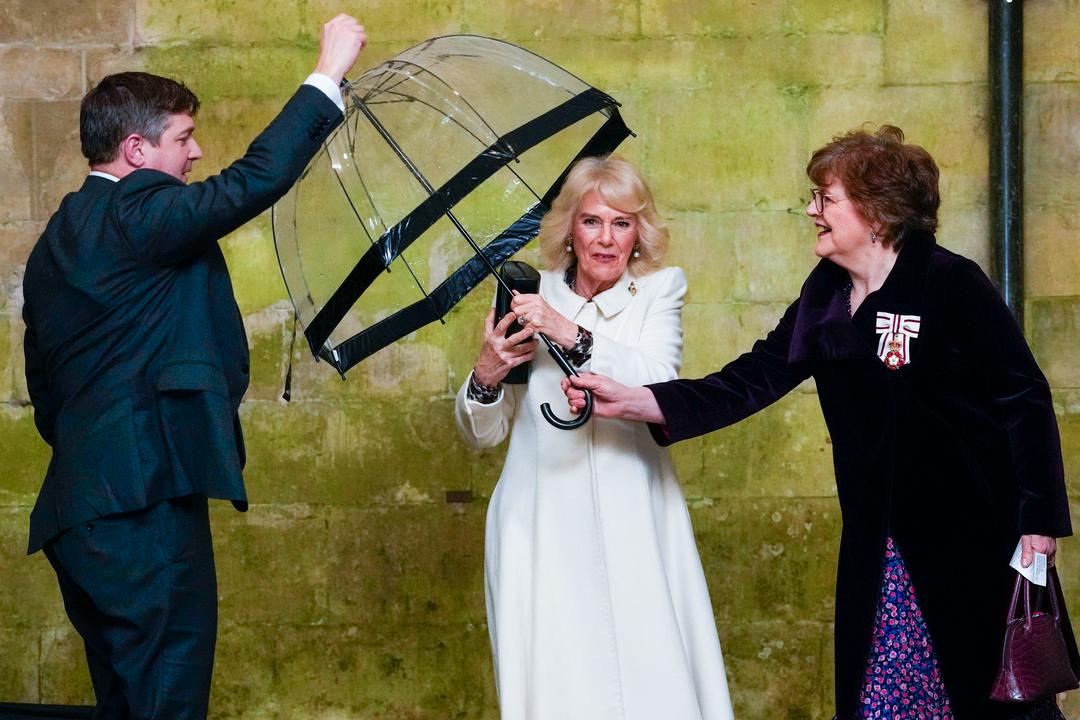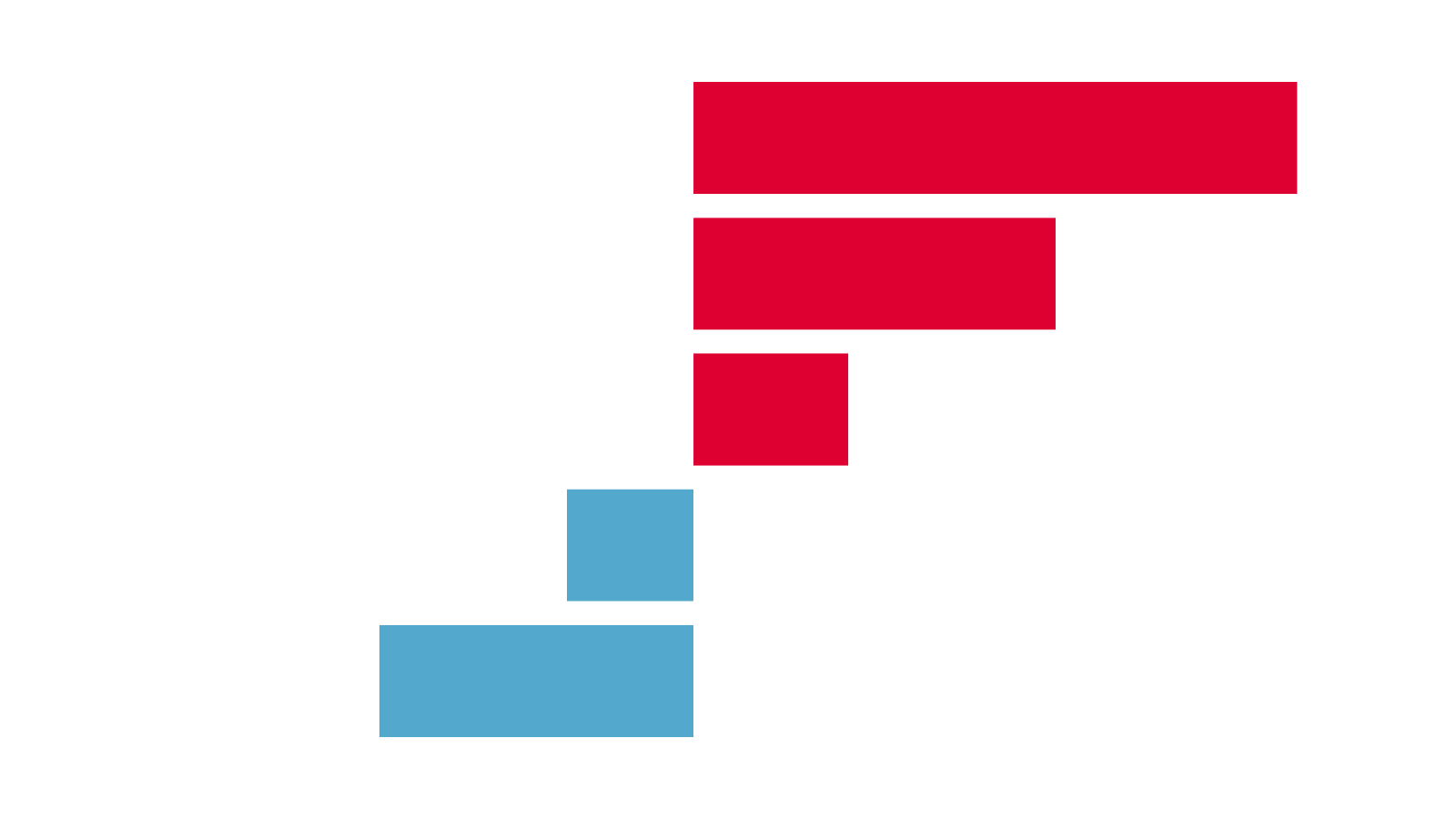That ‘like’ button it was implemented during 2008 on Facebook. Already in 2005 Vimeo used hearts and in October 2007 FiendFeed used them ‘Like’, but the Facebook button changes everything. Designed as “Awesome Button“Initially, it was immediately apparent that the button would have a commercial application. Exploited, they have changed the internet (for the worse).
We now know that the button is associated with polarization, cell phone addiction, hate speech, mass surveillance, political influence, depression in adolescents and mental health crises of all types of users. ‘Like’ button You’ve accomplished exactly what you wanted to do (become addicted to its use) and many other milestones, almost all of which are detrimental to society.
Some interesting facts released in 2014: Facebook guesses what you’ll ‘like’ more than your closest relatives. In a study published by Wu Youyou found that “machines are able to judge people’s personalities better than their own acquaintances, based on” fingerprintBecause for years they have watched without forgetting.
Whenever someone clicks ‘Like’ on a social network, or uses any other interaction mechanism (retweet, emoji, reply) provide information about their behavior. Wu’s study shows that 10 ‘Likes’ are enough for Facebook’s algorithm to answer the question “Are you going to ‘Like’ this post?”
With 70 ‘Likes’ the algorithm outperforms friends. Pressing ‘I like’ more than 150 times lets the algorithm know you better than any family member, and after 300 ‘I like it’, hit more than your partner. Have you ever thought about how many times you hit the ‘Like’, ‘Fav’ or ‘+1’ button? How many times have you shared or said something on social media?
As of September 2020, several relevant Facebook executives and professionals must testify in the United States Congress. During the session The Role of Social Media in the Radicalization of the United States, Tim Kendall (who was Facebook monetization director from 2006 to 2010), confirmed that they were inspired by Big Tobacco’s (tobacco company) strategy to do that your app is “addicted from the start”. That is the goal.
That users can click ‘Like’ “makes status and reputation paramount and lays the groundwork for youth mental health,” Kendall told Congress. Of course, much of this has been known for a long time.
In his 2017 book ‘Irresistible. Who made us tech addicts? ‘, Adam Alter discusses how these buttons “become highly interactive, providing exactly the same kind of unexpected feedback that has motivated Zeiler pigeons”, namely, the random dose of dopamine that makes us addicted to use.
Dopamine isn’t just released by clicking ‘Like’ and waiting for it what will be the next post to appear on the wall or timeline. Dopamine is also released when other users ‘Like’ our posts. The question is: what can we do?
Can you avoid the ‘Like’ button?
In 2017, Instagram was declared the most dangerous social network for mental health by the Royal Society for Public Health UK (RSPH), in part because of the ‘Like’ button (whose numbers are publicly viewable) they distort the reality of teenagers and urges them to perform behaviors that are jeopardize their health and future.
The response from this Facebook-owned network was hide metrics button, even though it wasn’t the person who removed it. The dopamine mechanism still exists, as it does in other social networks. Extensions like Facebook demetriator That Twitter demetriator (‘demetriifiers’ which remove the numbers) help hide those numbers, and something helps.
In January 2021 Facebook announced that they would be removing the ‘Like’ button within Fanpages, certain types of pages. However, it will continue on other platforms, as it is expected to continue on other platforms. So far, the only solution to avoid the negative personal consequences of this button and other merchandise is don’t use social networks.

“Problem solver. Proud twitter specialist. Travel aficionado. Introvert. Coffee trailblazer. Professional zombie ninja. Extreme gamer.”







